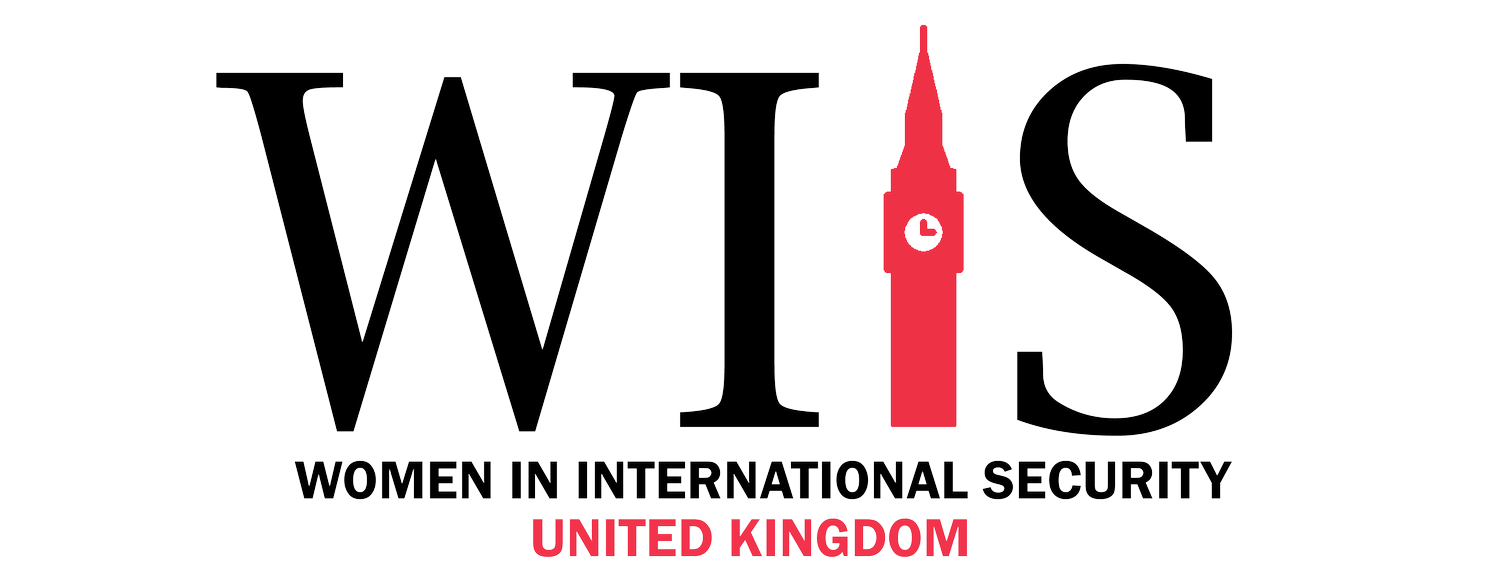Kaleigh Heard
Kaleigh is a Lecturer in Human Rights in the Department of Political Science at University College London where she also serves as Deputy Director of the MA in Human Rights programme. She is also the current Director of the All-Party Parliamentary Group on Drones and Modern Conflict. Her research considers ethico-strategic dilemmas in modern conflict, including civilian harm mitigation and response, armed forces ethical training, and the applications of neuroscience and moral psychology in the conduct of warfare.
What are you currently working on?
Currently, my programme of research considers issue areas in contemporary conflict where there is overlap between the strategic requirements of armed actors and ethical and legal standards of action. Within this portfolio, I am working on a few different pieces of work pertaining to (1) the human-centric design of civilian harm response, compensation, and amends; (2) the cognitive processing of ethico-strategic dilemmas amongst military personnel under arduous stress; (3) the operationalization of protection of civilians policy on NATO’s Eastern flank. Beyond this, I am also co-authoring a study considering the anticipation effects associated with the authorization of UN operations and the ways in which this influences conflict actors’ behaviour. My work with the APPG also spans several themes. Presently our chief areas of research and Parliamentary advocacy concern oversight of the UK Special Forces, the ongoing conflict in Ukraine, and civilian harm mitigation and response in UK overseas operations.
What are the opportunities and challenges of working in your field?
Some of the greatest opportunities I’ve had working in this field have been because of the strong mentorship of women leaders during my career. I think that’s one of the greatest parts of working in international security alongside other incredible women and men—given the male-dominated environment my experience has been of women collectively advocating and supporting each other to succeed. This has given me some pretty amazing opportunities along the way—working on the Canadian Defence Policy review and several operational tasks with the Canadian Armed Forces, advising NATO strategic and operational headquarters on anti-corruption and human security issues, working to reduce orphanage trafficking with Lumos alongside an incredible team in Haiti, and having the privilege to work with Iraqi and Afghan survivors and advocates on civilian harm mitigation and response. Each of these experiences have been life changing for me and based predominantly on someone believing in me and my abilities. I truly believe the biggest opportunity working in this field can provide is the incredibly supportive community. That said, it also comes with challenges. At times the field can still have a very traditionalist approach to problems that often need something new and different, and working on the issues we do can be taxing mentally, emotionally, and physically.
What advice would you give your younger self?
Know your boundaries and prioritize your wellbeing—it is impossible to do work in this field trying to pour from an empty cup. Work is not and should not be all of your life—time with family and friends and doing the things you love is vital. While it may feel like you need to be in a rush to achieve milestones in your life or career, there is no perfect timeline, only what is right for you. Take your time, enjoy the moments in between, and celebrate along the way rather than rushing to whatever the world might tell you is next. Life is both short and long—you have time to take breaks and enjoy the world!


